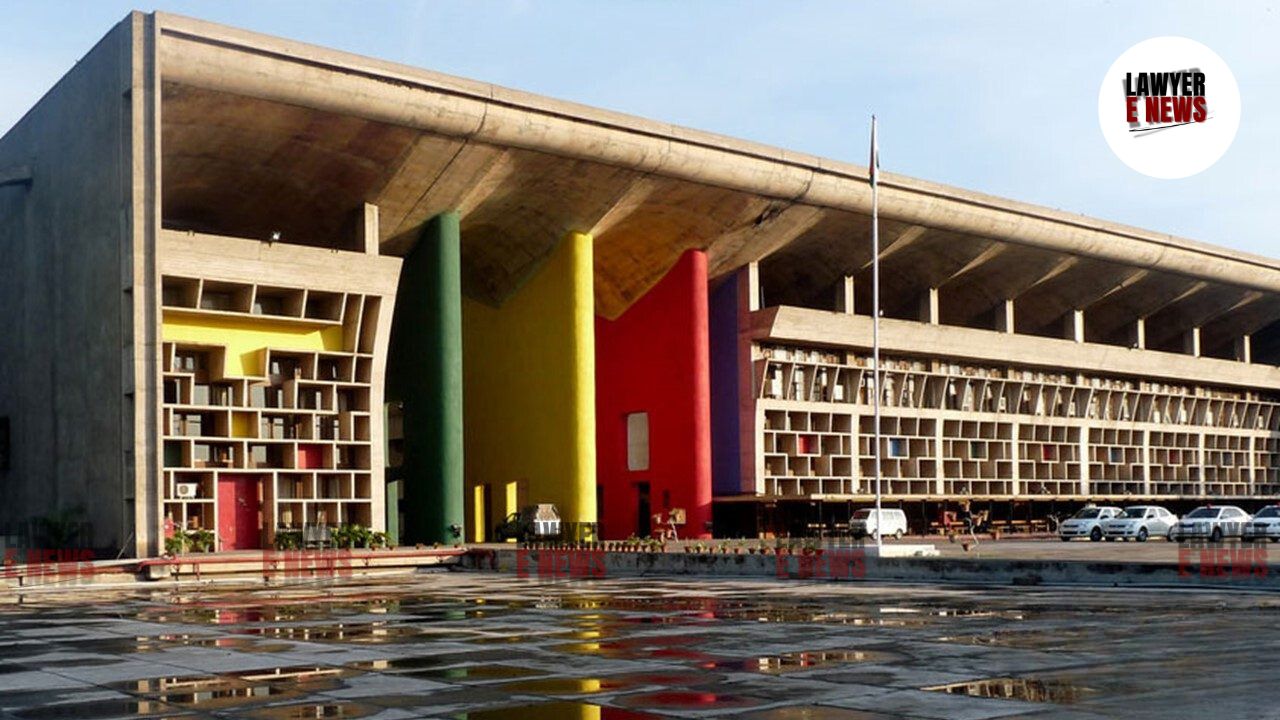-
by sayum
18 February 2026 10:41 AM



On September 19, 2024, the Punjab & Haryana High Court, in Vishal Garg vs. Assistant Commissioner of Income Tax and Others, quashed the notices issued under Sections 133(6) and 148 of the Income Tax Act, 1961, for the assessment year 2020-21. The Court held that the notices were issued without proper application of mind, as the petitioner had already disclosed the relevant income in his original tax return and had responded to the revenue's queries.
Background: Income Already Declared in ITR, Yet Notices Issued for Alleged Escaped Income
The petitioner, Vishal Garg, engaged in the business of selling medicines and earning commission through his proprietorship firm, challenged the issuance of notices under Sections 133(6) and 148 of the Income Tax Act. The notices were issued for alleged escaped income of ₹14,58,004/- in commission, which the revenue authorities claimed was not disclosed.
The petitioner argued that the income in question had already been declared in his original income tax return (ITR) for the assessment year 2020-21, and that he had responded to the notice issued under Section 133(6), clarifying that the commission was part of the business turnover. Despite this, a notice under Section 148 was issued on the grounds that the petitioner had failed to disclose the income.
The Court found that the revenue authorities had not properly considered the petitioner’s response and had wrongly assumed that the income was not disclosed. The Court criticized the issuance of the Section 148 notice without reviewing the facts and existing records:
"We are satisfied that the impugned notice under Section 148 of the Act in the present case has been issued without application of mind and stands vitiated on that count." [Para 17]
The petitioner had filed a detailed response to the queries under Section 133(6), clearly stating that the commission income was already included in the ITR. However, the revenue incorrectly proceeded with further action, leading the Court to conclude that the notices were issued without proper review or due diligence.
In addition to the lack of proper reasoning, the Court noted that the notice under Section 148 was issued by an officer who was not competent under the law, citing the Jasjit Singh vs. Union of India decision. The Court held that the jurisdictional error further rendered the notice invalid, as it violated the faceless assessment scheme under Section 144B of the Act.
"The notices issued under Section 148 of the Act were issued by the jurisdictional Assessing Officer who was not competent... Therefore, on both counts, we find the notices are not sustainable in law." [Para 18]
Legal Principles: Notices Must Have a Rational Connection to Escapement of Income
The Court relied on the Supreme Court judgment in ITO vs. Lakhmani Mewal Dass, 103 ITR 437, which establishes that the reasons for reopening an assessment must have a direct nexus or rational connection to the belief that income has escaped assessment. The Court found that no such rational connection existed in this case, as the income had already been disclosed and there was no valid reason to believe it had escaped assessment.
"Reasons for determination of belief must have a rational connection or relevant bearing. Rational connection postulates that there has been a direct nexus or live link between the material coming to the notice of the ITO and the formation of the belief that there had been escapement of income of the assessee." [Para 7]
The High Court quashed the notices issued under Sections 133(6) and 148, as well as all further proceedings based on these notices. The Court held that the petitioner had already disclosed the commission income in his tax return, and the revenue's action lacked legal basis.
"We quash the impugned notices dated 16.12.2022, 26.12.2022 and 06.01.2023 issued under Section 133(6) of the Act, consequential notice dated 31.03.2024 issued under Section 148 of the Act, and any further proceedings which the respondents may have undertaken on the basis of the same." [Para 20]
This decision reaffirms the importance of applying due diligence and proper legal procedures before issuing notices under the Income Tax Act. The Court’s ruling emphasizes that revenue authorities must carefully review existing records and responses before taking further action, particularly in cases involving alleged income escapement. The ruling also highlights the necessity of following jurisdictional guidelines under the faceless assessment scheme.
Date of Decision: September 19, 2024
